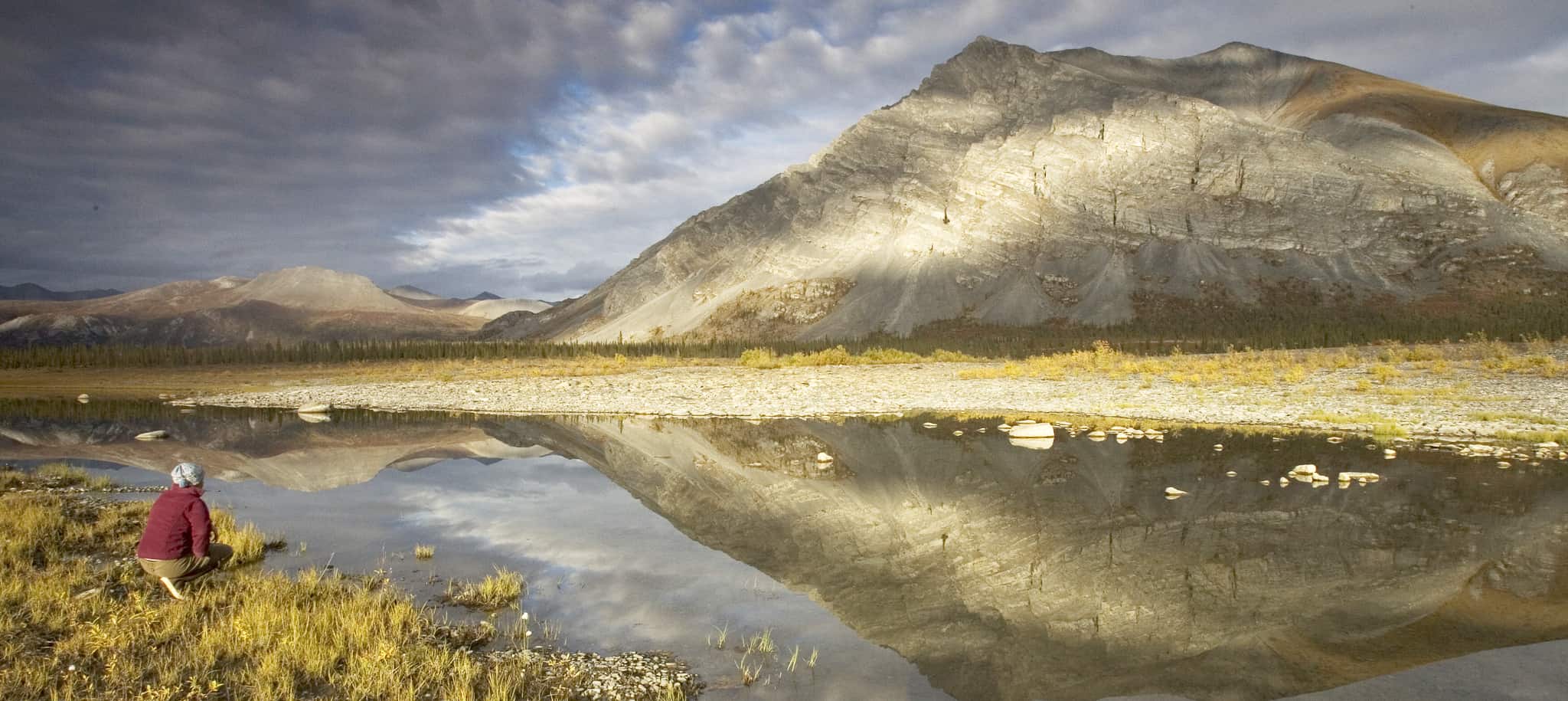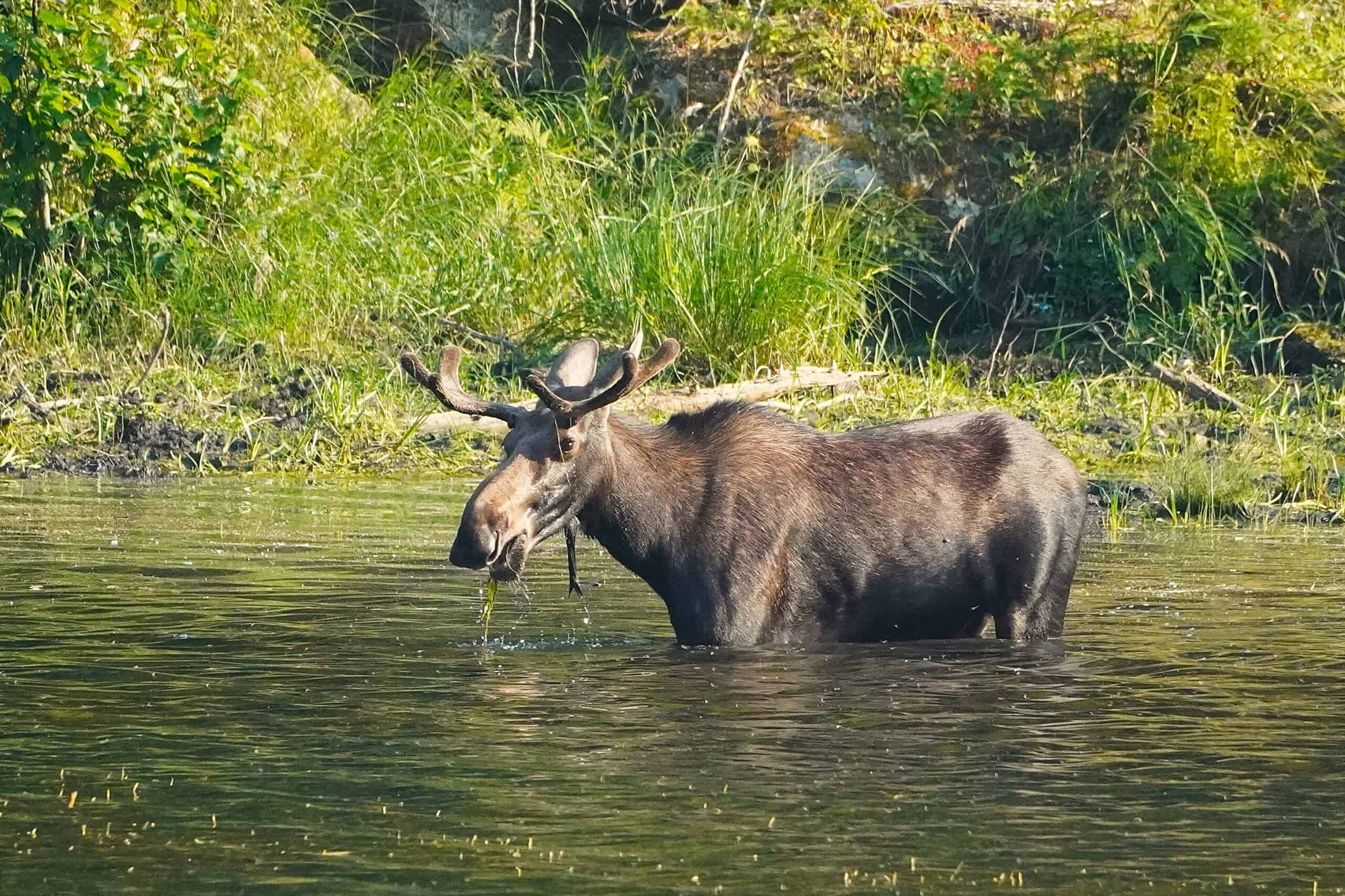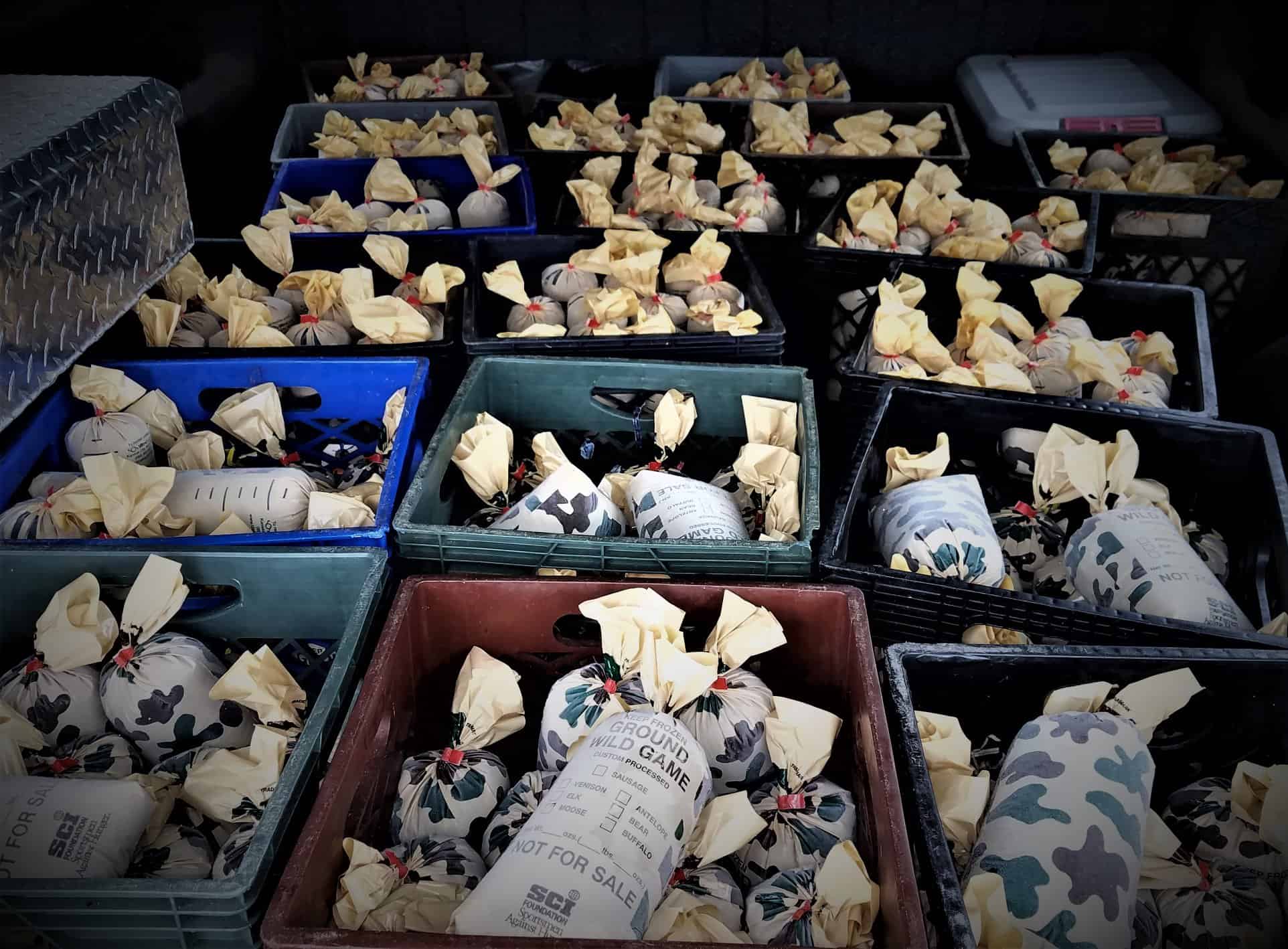Share this article
Bill would limit drilling in Arctic National Wildlife Refuge
The House Natural Resources Energy and Mineral Resources subcommittee held a hearing last week on The Need to Protect the Arctic National Wildlife Refuge Coastal Plain, including the Arctic Cultural and Coastal Plain Protection Act (H.R. 1146), which would prohibit energy development along the Arctic National Wildlife Refuge’s coastal plain.
Led by subcommittee chair Alan Lowenthal, D-Cal, the hearing focused on the legislation recently introduced by Rep. Jared Huffman, D-Cal. to exclude the refuge from oil and gas development.
The Department of the Interior has been moving forward with plans to drill in the Alaska refuge, including along the 1.5 million acre coastal plan, an area of ecological importance for birds, polar bears (Ursus maritimus) and caribou (Rangifer tarandus).
Late last year, the Bureau of Land Management released a draft environmental impact statement, analyzing the administration’s plan to open parts of the 19 million acre refuge to energy development. A 2017 tax reform bill passed by Congress had authorized drilling along the coastal plan, which had previously been protected from energy development.
The Arctic Cultural and Coastal Plain Protection Act would amend the 2017 tax reform law to remove the authority to drill along the coastal plain. Witnesses at the hearing, many of whom represented the interests of Native Alaskans, mostly supported banning drilling within the refuge.
Several witnesses were concerned about the impacts of drilling on the land and its effects on wildlife. Bernadette Demientieff, representing the Gwich’in Nation of the United States and Canada, spoke about the importance of the coastal land to her people and to the Porcupine Caribou herd. “We have occupied these areas for thousands and thousands of years, and we will be the first to be impacted if oil and gas activities occur,” said Demientieff.
“Our elders are our scientists. They have hunted and lived off the land far longer than any western researcher. Our science and our traditional knowledge tells us that oil and gas leasing, exploration, and development will damage the calving grounds,” she said.
Another witness, from the Inupiat people, supported development. Fenton Rexford, an official from the Native Village of Kaktovik, the only community within the refuge, supported drilling along the coastal plain.
“As Inupiat, we maintain our traditional values, while our culture continues to evolve and adapt to the changing world around us,” he said. “We are not an exhibit in a museum. Nor should the lands that we have survived and thrived from for centuries be locked away for the peace of mind of those from faraway places.”
Alaskan lawmakers generally support drilling in the refuge. The bill must be voted on and passed by the House Natural Resources Committee for it to advance to a vote before the whole House.
Read TWS’ Position Statement on Energy Development and Wildlife.
Header Image: The Arctic National Wildlife Refuge in Alaska is home to more designated wilderness than any other refuge with the National Wildlife Refuge System. ©Hillebrand/USFWS








